by Christopher C. Barnekov
The Evangelical Lutheran Church of Latvia (ELCL) has consecrated as bishop a Swedish theologian previously barred from ordination in Sweden because of his confessional Lutheran faith. Rev.
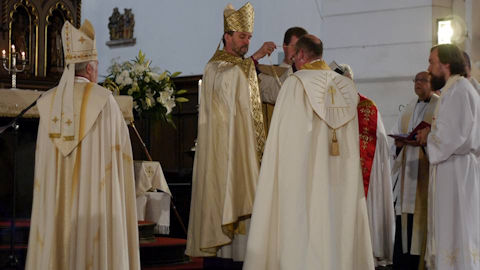
Archbishop Vanags presents Hans Jönsson with the pectoral cross of a bishop. (Photo: Rihards Rasnacis).
Hans Jönsson, 48, was consecrated August 6 at the cathedral in Riga to serve as bishop of Liepaja Diocese in southwestern Latvia.
Bishop Jönsson graduated from Lund University in Sweden. While studying in Lund, he supplemented his studies with lectures in Lutheran theology sponsored by the Swedish Luther Foundation, which was formed in 1955 to promote theological education grounded in the Holy Scriptures and the Lutheran confessional writings, thus opposing increasingly liberal trends in the Church of Sweden.
Because of his confessional Lutheran views, Jönsson was denied ordination in the Church of Sweden. He was, however, certified as qualified for ordination by the Church Coalition for The Bible and Confessions, an umbrella organization encompassing several Swedish Confessional Lutheran movements that was founded in 1958 at the initiative of Bishop Bo Giertz to defend traditional Lutheran faith in the Church of Sweden. The Coalition was formed in the context of the debate over women’s ordination, which its members viewed as clearly contradicting Scripture.
Bishop Jönsson is also an associate member of the pastoral collegium of the Mission Province in Sweden. Dr. Bengt Birgersson, Mission Province Secretary, who attended the consecration, noted, “Sweden’s loss is Latvia’s gain. Many gifted young men were forced to leave Sweden in order to serve Christ abroad, having been denied ordination in the Church of Sweden because they were faithful to Scripture. This is why the Mission Province was formed: to provide a path to ordination and service in Sweden.” Since the founding of the Mission Province in 2003, approximately 40 men have been ordained in Sweden and in the Mission Dioceses in Finland and Norway who would otherwise have been excluded because they believe the Holy Scriptures limit the pastoral office to men.
The ELCL has a close historical relationship to the Church of Sweden. Unlike the Church of Sweden, however, the Latvian church has remained faithful to Confessional Lutheran theology. In 2000, Jönsson was invited to serve in Latvia while learning the language, receiving financial support from the Swedish Luther Foundation. He was subsequently ordained in Riga in 2003, and most recently served as pastor in Madona, about 40 miles east of Riga. He was also given responsibility for managing the national church’s finances and currently serves as chairman of the board for pastoral education.
Rev. Jönsson was elected June 3 to replace the retiring Bishop of Liepaja. The diocese consists of 124 congregations served by 40 pastors.
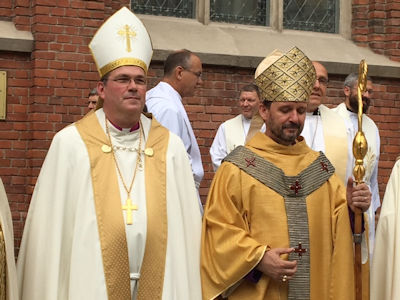
Bishop Jönsson with Archbishop Vanags after the consecration.
Archbishop Janis Vanags conducted the consecration, which was broadcast in its entirety by Latvian national television. Archbishop Vanags was assisted by Latvia’s bishops as well as Bishop Tiits Salumäe of the Estonian Evangelical Lutheran Church and Bishop Hans-Jörg Voigt of Germany’s Independent Evangelical Lutheran Church (SELK). Bishop Voigt is also Chairman of the International Lutheran Council. The Lutheran Church-Missouri Synod was represented by Dr. Albert Collver, Director of Church Relations and Assistant to the President. Provisional Bishop Torkild Masvie of the Lutheran Church in Norway also participated in the service. Representatives also attended from the Nordic Mission Dioceses, as well as the Swedish Luther Foundation and other confessional Lutheran movements.
With nearly 300 congregations, the ELCL is the nation’s largest church. It is in fellowship with the LCMS and also has close ties to the Independent Evangelical Lutheran Church (SELK) of Germany. In June, the ELCL amended its constitution to reverse a policy imposed during the Soviet domination that opened ordained ministry to women (although no women had been ordained since shortly after Latvia’s liberation).
Although ELCL is still a member of the Lutheran World Federation (LWF), it rejected heavy pressure from the LWF in moving to limit ordination to men. Advocates of women’s ordination argued that this decision would strain relations with LWF members. In addressing the June synod, however, Archbishop Vanags expressed the intention of drawing closer to the International Lutheran Council and its member churches, including the LCMS, which ordain only men. Relations between ELCL and the Church of Sweden have also been greatly strained since the CoS accepted same-sex marriage.
———————

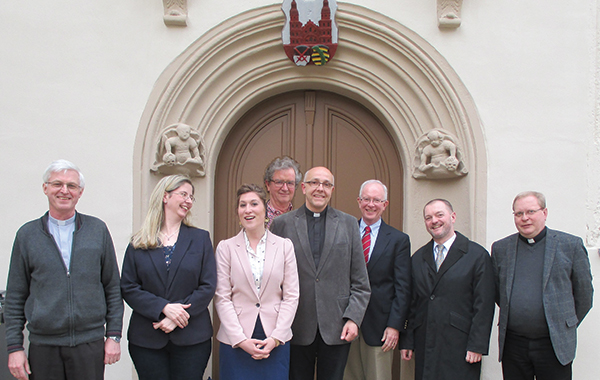
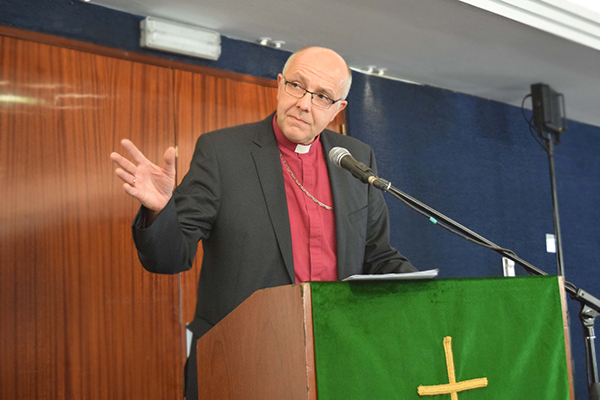
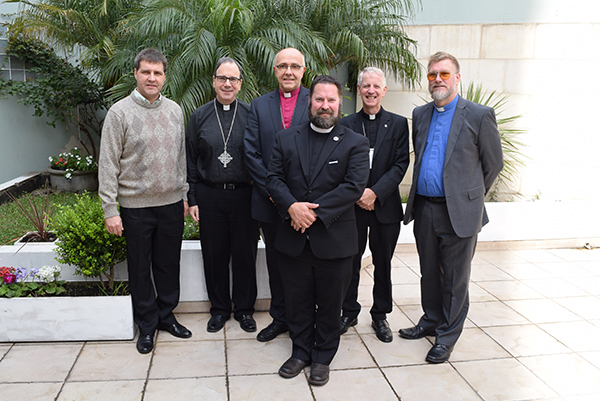
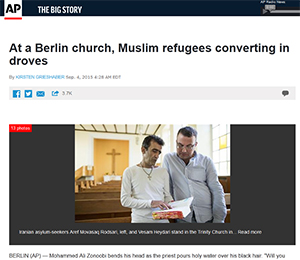
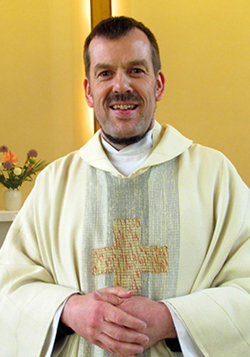
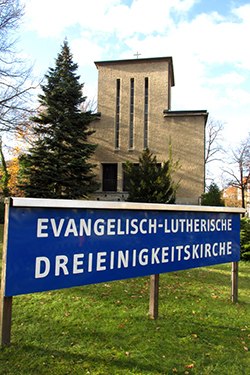
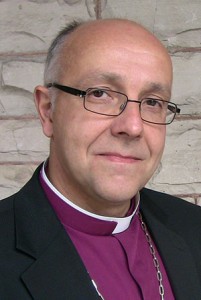 GERMANY – A year ago today, Bishop Hans-Jörg Voigt of the Independent Evangelical Lutheran Church (SELK) in Germany released a pastoral letter entitled “Discovering Marriage and Family as Gifts of God.” Its July 2 publication coincided with German observances of the Visitation of Mary to her cousin Elizabeth (Luke 1:39-56)—an appropriate day to consider the blessings of marriage and children.
GERMANY – A year ago today, Bishop Hans-Jörg Voigt of the Independent Evangelical Lutheran Church (SELK) in Germany released a pastoral letter entitled “Discovering Marriage and Family as Gifts of God.” Its July 2 publication coincided with German observances of the Visitation of Mary to her cousin Elizabeth (Luke 1:39-56)—an appropriate day to consider the blessings of marriage and children.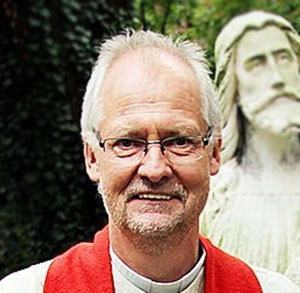
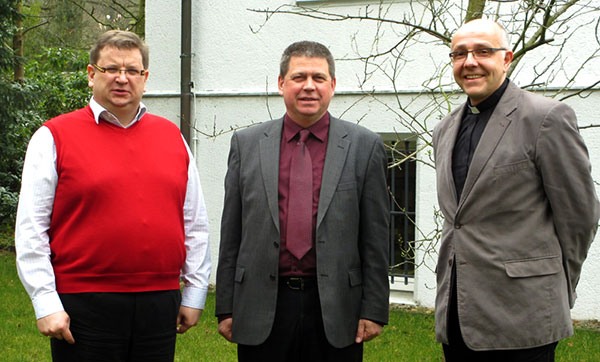
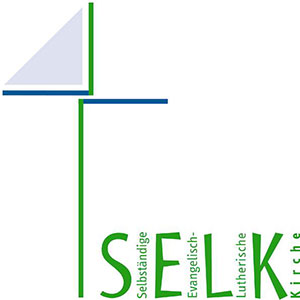 GERMANY – The Independent Evangelical Lutheran Church (SELK) continues to see remarkable numbers of Iranian Muslims converting to Christianity. According to a recent SELKinfo story, Rev. Dr. Gottfried Martens of St. Mary’s Lutheran Church (Steglitz, Berlin) reports that the number of congregational members and applicants for baptism of Persian background at his church has recently grown by 75%. The same report notes three groups of Iranians were preparing for baptism at the time, with the first group scheduled to have been baptized December 15, 2013.
GERMANY – The Independent Evangelical Lutheran Church (SELK) continues to see remarkable numbers of Iranian Muslims converting to Christianity. According to a recent SELKinfo story, Rev. Dr. Gottfried Martens of St. Mary’s Lutheran Church (Steglitz, Berlin) reports that the number of congregational members and applicants for baptism of Persian background at his church has recently grown by 75%. The same report notes three groups of Iranians were preparing for baptism at the time, with the first group scheduled to have been baptized December 15, 2013.